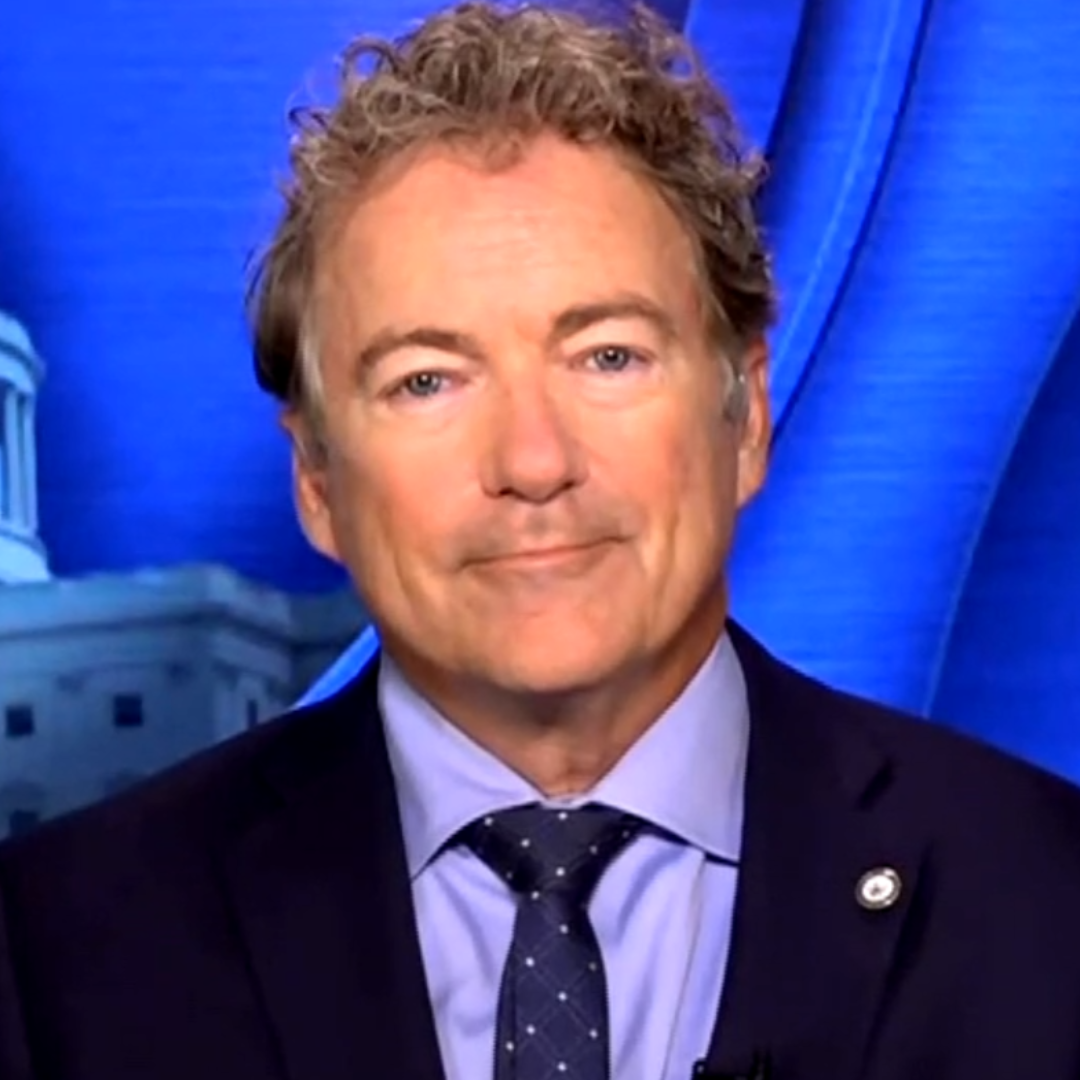Sen. Rand Paul on "Face the Nation" – Sept. 28, 2025

A Discussion on Government Spending and Executive Authority
During an interview on "Face the Nation with Margaret Brennan," Senator Rand Paul, a Republican from Kentucky and chairman of the Homeland Security Committee, shared his views on the current political landscape, focusing on budget proposals, executive power, and the role of federal intervention in local affairs.
Margaret Brennan began by asking whether the President’s threat of a government shutdown and potential mass layoffs was simply a tactic to pressure Democrats. Senator Paul responded by emphasizing that both political parties have contributed to deficit spending. He pointed out that the Republican proposal would add about $2 trillion in debt over the next year, while the Democratic plan would add $3 trillion. He argued that neither approach is sustainable and criticized the lack of fiscal responsibility.
Paul proposed an alternative plan known as the "penny plan," which involves small across-the-board cuts. This plan, he explained, would balance the budget over five years. Although it received support from 36 Republicans, it did not pass due to a lack of bipartisan backing. Paul stressed that his ideal solution would be one that reduces spending and addresses the nation's growing debt.
Executive Authority and Legal Precedents
Brennan then shifted the conversation to the legality of the President’s actions, particularly regarding the potential for mass firings of executive branch employees. Paul noted that there have been several legal cases, including Supreme Court rulings, that have upheld the President’s authority to hire and fire within the executive branch. He emphasized that this power is necessary, as the President must have control over the administration of federal agencies.
However, Paul also acknowledged that Congress has attempted to limit this power, such as through efforts to protect the Consumer Financial Protection Board. Despite these attempts, the courts have consistently ruled in favor of the President’s authority. Paul expressed that he is critical of both major political parties but believes the President will continue to win these legal battles.
Federal Intervention in Cities
The discussion then turned to the President’s recent announcement about sending troops to Portland, Oregon, and other immigration facilities. Brennan asked whether Paul had been briefed on the plans for Oregon. Paul confirmed that he had not received specific details about Portland but acknowledged the President’s legal authority to deploy troops to protect federal buildings and proceedings.
He referenced the situation in Chicago, where the city has struggled with violence and instability. Paul described the conditions in some neighborhoods as “a war zone,” highlighting the impact on vulnerable communities. While he prefers federal intervention only when local authorities agree, he admitted that there is a role for the federal government when states fail to act. He suggested that cities like Chicago and Portland may eventually lose faith in the Democratic Party if they do not see improvements in public safety.
Addressing Domestic Terrorism
Brennan then questioned Paul about the President’s use of the term “domestic terrorists” to describe groups like Antifa. Paul acknowledged that some individuals associated with Antifa have engaged in violent acts, such as breaking windows and attacking police. However, he warned against labeling entire groups as terrorists, arguing that this could lead to violations of constitutional rights, including the Fourth Amendment.
Paul emphasized the importance of due process for all individuals, regardless of their affiliations. He supported taking action against those who commit violence but cautioned against using broad labels that could undermine civil liberties. He noted that Antifa is more of an ideology than an organized group, making it difficult to apply traditional counterterrorism strategies within the United States.
Conclusion
Throughout the interview, Senator Paul maintained a balanced perspective, criticizing both political parties while advocating for fiscal responsibility and careful use of federal power. His comments reflect a complex view of the challenges facing the country, from economic policy to law enforcement and national security. As the debate over government spending and executive authority continues, his insights offer a unique perspective on the ongoing political discourse.
Post a Comment for "Sen. Rand Paul on "Face the Nation" – Sept. 28, 2025"
Post a Comment